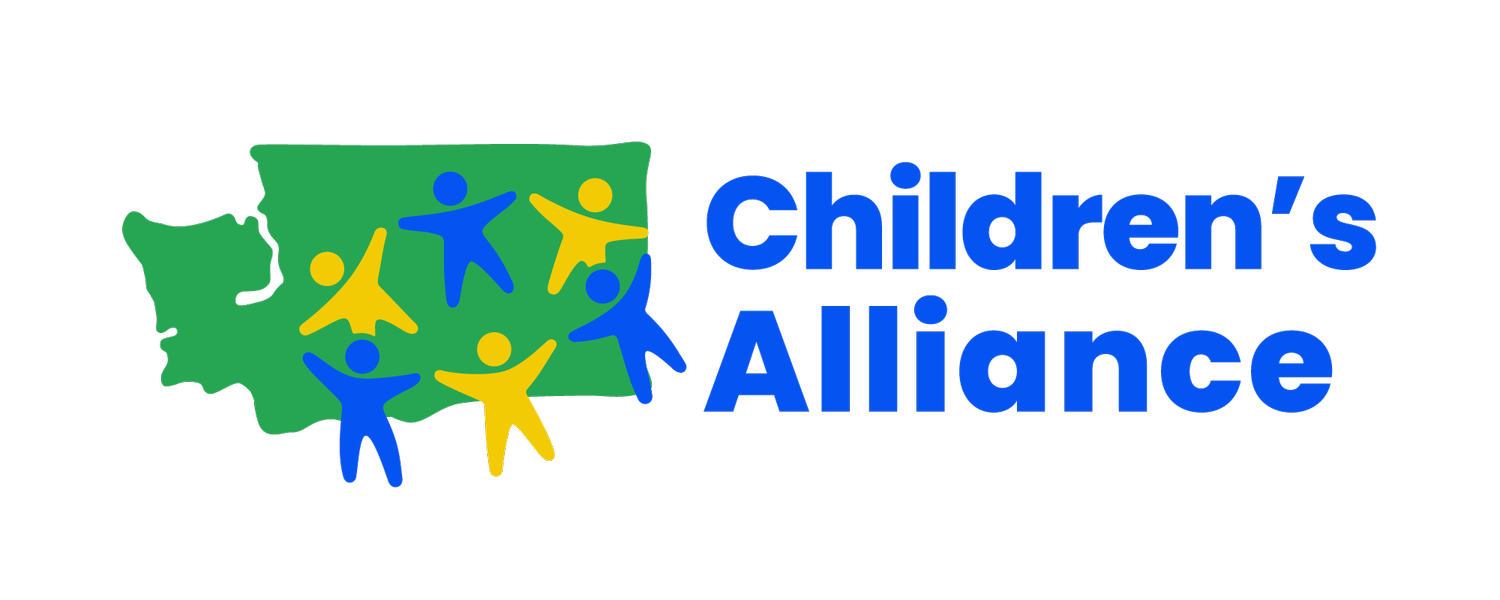REFLECTING ON THE PARTNERSHIP FOR AMERICA’S CHILDREN RETREAT: WHY WE MUST BE BOLD IN WASHINGTON STATE
By Dr. Stephan Blanford, executive director
Last week I had the opportunity to travel to Baltimore and connect with executive directors of statewide child advocacy organizations from across the country at the Partnership for America’s Children retreat. It was the first time since 2019 that members had met in-person and it provided me with a valuable chance to share what Children’s Alliance has been working on, and learn from our peer organizations.
I am honored to sit on the Partnership’s board and am currently serving as the chair of the racial equity and strategic planning committee. As the leader of an organization with a legacy of putting racial equity at the center of our work, it is particularly important to me to enlist more people to take up this challenge and share what we’ve learned with our colleagues across the country.
Partnership for America’s Children has members in 39 states, from largely progressive states due south of Washington, to much more conservative southern states (as well as our neighbor due east), and other states whose politics lie somewhere in between. Having the opportunity to be in community with my peers from red states reminded me of the challenges many organizations face in explicitly calling out racism in our systems that cause harm to our children. Some shared stories of legislators refusing to meet with them because of their stance on racial equity.
This got me thinking about how our work in Washington, and in other progressive-leaning states, can act as an umbrella for our partners dealing with overwhelmingly conservative legislatures that are unwilling to prioritize policy solutions that focus on the needs of children who are furthest from opportunity because of historic and ongoing racism. It is crucial that we continue to call out systemic racism and expose the fallacy of the zero-sum thinking that prevents people from advocating for policies that would benefit all children.
When I think about my nieces, nephews, and other children who are growing up in states where their advocates are unable to be explicitly antiracist, I am more determined to be bolder and louder in Washington state. The progress that we make here can serve as an example to other states of what is possible when people understand their shared stake in the well-being of every child. When we exercise our collective political power to demand policies that expand opportunities for every child, we are building a better shared future for everyone. It’s an idea that we need to promote throughout the state, and on to the rest of the country.
